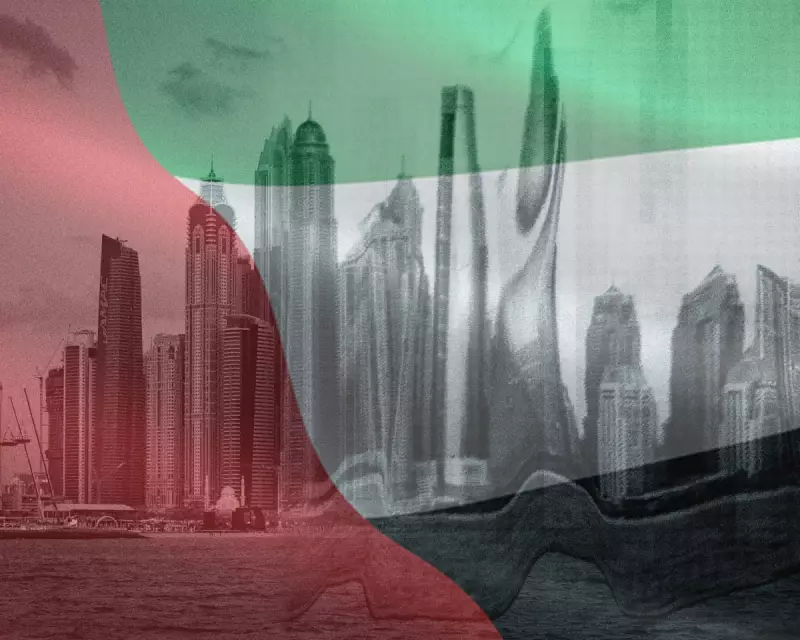
Dubai stands as a paradox on the shores of the Arabian Gulf, a city that has willed itself into existence through sheer ambition and a relentless pursuit of the new. Its skyline, a forest of glittering towers and audacious architecture, is presented as the ultimate testament to 21st-century capitalism. But to the critical eye, this shimmering mirage reveals itself as something far more complex and concerning: a potentially hollow cliché of progress, built on unsustainable foundations.
The Allure of the Mirage
On the surface, Dubai is a seductive vision of the future. It boasts the world's tallest building, palm-shaped islands, and indoor ski slopes in the desert. It markets itself as a global hub for finance, trade, and tourism—a place where anything is possible if you have the capital. This narrative of unstoppable growth and luxury has been powerfully alluring, particularly to Western investors and governments seeking a blueprint for hyper-development.
The Cracks Beneath the Facade
However, this model comes at a profound human and environmental cost. The city's economy is fundamentally reliant on a vast underclass of migrant labour, often working under the controversial kafala system, which has been criticised as a form of modern indentured servitude. Their invisible labour builds the dreams sold to the elite, yet they are afforded few rights and little long-term security.
Environmentally, Dubai is a catastrophe in the making. Its existence defies the arid landscape it occupies. The energy required to power air-conditioned malls and freeze ski slopes is immense, contributing to a colossal carbon footprint. The very geography of the city is under threat from rising sea levels, a cruel irony for a development model that has aggressively reclaimed land from the sea.
A Warning for the West
Far from being a model to emulate, Dubai serves as a stark cautionary tale for the West. It exemplifies a form of capitalism stripped of social conscience and long-term sustainability, where value is measured solely in financial and architectural capital, not in human welfare or environmental resilience.
Its allure is a dangerous distraction, promoting a fantasy of endless consumption and growth that is utterly detached from the pressing realities of climate crisis and social inequality. The West's fascination with this model risks importing its worst qualities: a disregard for workers' rights, a neglect of environmental limits, and the prioritisation of spectacle over substance.
Ultimately, Dubai is not a vision of the future to be aspired to, but a glittering monument to a flawed and fragile ideology. It challenges us to ask: what is true progress? Is it skyscrapers in the desert, or is it building equitable, sustainable societies that work for all? The answer will define not just the future of one city, but of the global community.





